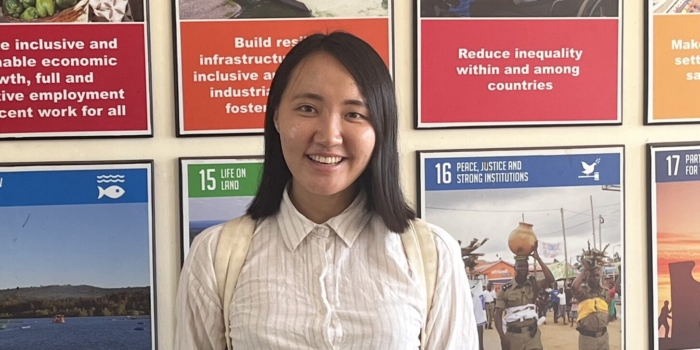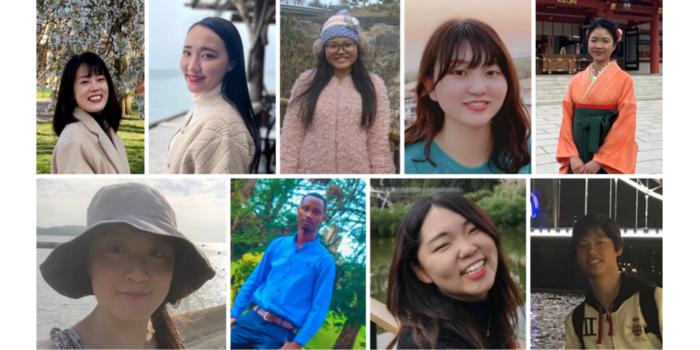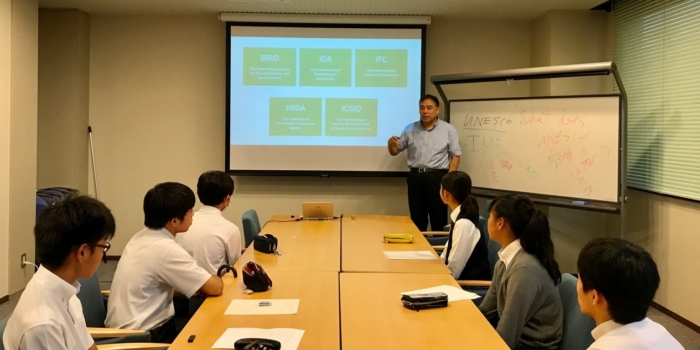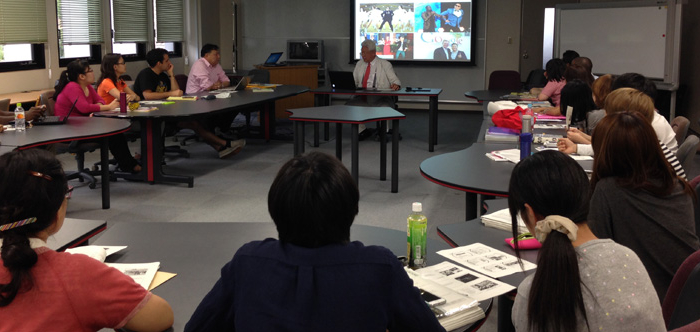I had the privilege of successfully conducting a three-month internship at the Office of the Prime Minister in Uganda, from August 1 to October 23, 2023. Throughout this period, I had the opportunity to work under the guidance of Dr. Albert Byamugisha, Senior Technical Advisor, at the SDG Secretariat at the Office of the Prime Minister in Uganda. During this internship, I conducted my research on the relationship between teacher violence and academic performance in primary education in Uganda.
My internship involved a thorough analysis of educational policies and regulations related to teacher discipline. I also played a key role in developing comprehensive questionnaires and interview guides to facilitate effective data collection during the field research phase. Additionally, I actively participated in the implementation of fieldwork, contributing to the gathering of essential data.
The first essential part of my internship began with a crucial step – presenting a three-month research proposal to Dr. Albert on the first day. Based on his advice, I conducted research on educational policies regarding teacher discipline, as my research lacked information on current policies. In researching recent policy trends, I found that although corporal punishment of teachers has been banned by the Ministry of Education and Sports, it is still practiced throughout the country. By closely examining national surveys on teacher discipline, I was also able to understand the government’s measures to eradicate corporal punishment and its collaboration with NGOs and the United Nations.
The second essential part of my internship involved fieldwork. I prepared well for it, as it was my first time conducting fieldwork. My research required me to collect data from 150 elementary school teachers in the Wakiso district on the outskirts of the capital Kampala utilizing a questionnaire survey. Furthermore, I interviewed a total of more than 40 participants, which included head teachers, deputy teachers, classroom teachers, and students. Throughout the fieldwork, I referred to previous national surveys conducted by the Office of the Prime Minister and received numerous advice from educational consultants; which allowed me to brush up on my research questionnaires and interview contents. As a result, not only was I able to create a comprehensive questionnaire and interview items, but I also learned how to design a questionnaire that would reduce the burden on respondents.
During my first field visit, I explained the purpose of the study, requested permission to conduct the survey, and distributed the questionnaires to the participants. On the second visit, I collected the completed questionnaires and interviewed a total of 40 participants, consisting of faculty members and students. The response rate for the questionnaire survey was an astonishing 80 percent, and most of the questionnaires were completely filled out; this is in part, due to the smooth support and cooperation from the teachers in the school. After completing the fieldwork, my internship concluded with the writing of a report on the research findings.
Through this internship, I learned two main things. The first one is the importance of understanding the country’s recent policies and intentions regarding education. In the past, when creating a research plan, I had focused extremely on finding research gaps by referring to previous literature.
But I neglected the shifting educational issues that can be ascertained from the policies on the issue, the background that led to the creation of the policies, and its history. Therefore, through discussions with supervisors and analysis of policies, I keenly felt the importance of understanding the national policy on education in Uganda.
While the second was experiencing how difficult it is to conduct the fieldwork. During this internship, I received advice from the Ministry of Education and Sports as well as the Office of the Prime Minister, and I brushed up on questionnaire and interview content many times. However, when it came to actually conducting the fieldwork, several teachers did not understand the content of the questionnaire and answered irrelevant questions, and I keenly felt the difficulty of conducting interviews to minimize bias. Since I did not expect such an incident, I learned that I should have as many people as possible answer the questionnaire and interview terms to get various opinions before conducting fieldwork.
In closing, I would like to thank Dr. Albert Byamugisha for graciously accepting me as an intern at the Office of the Prime Minister, Mr. Abdul Malik Muwanga for his generous support in conducting the survey, and the SDG Secretariat of the Office of the Prime Minister for providing such a wonderful experience. Lastly, I would like to take this opportunity to express my gratitude to Professor Keiichi Ogawa for providing me with this valuable opportunity, and to all those who cooperated in the survey.
Authored by Keiko Shimabe (Master’s Student)
Related






